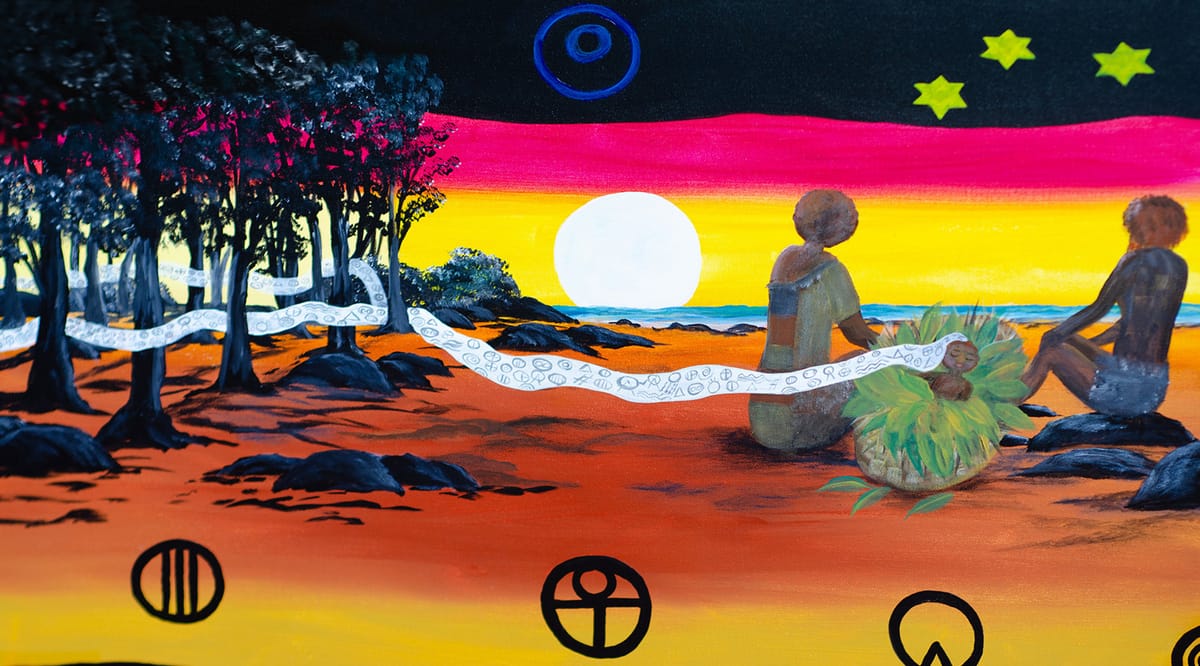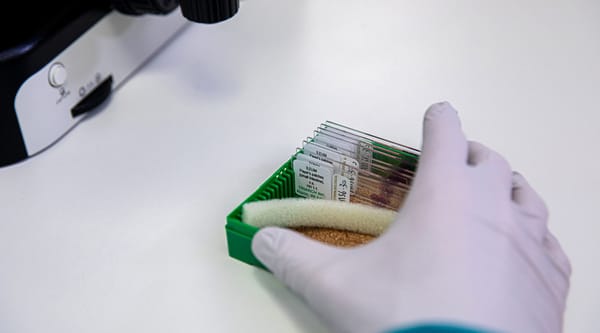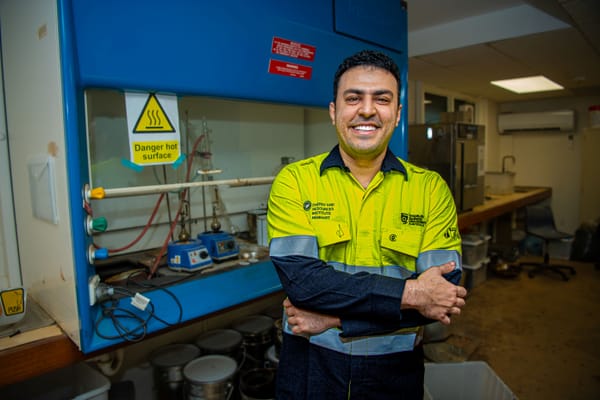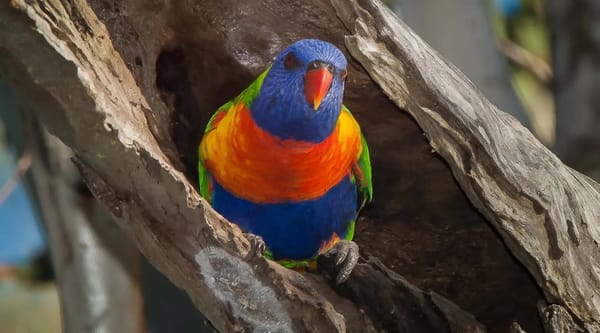The Power of Sleep: Supporting mental health in First Nations children
A five-year national research project led by the University of the Sunshine Coast is aiming to improve the mental health of First Nations children through better sleep.

First published by University of the Sunshine Coast
By Clare McKay
A five-year national research project led by the University of the Sunshine Coast is aiming to improve the mental health of First Nations children through better sleep.
University of the Sunshine Coast sleep scientist Professor Fatima Yaqoot has been awarded a $5 million Childhood Mental Health Research Plan grant to lead the co-design and implementation of sleep health initiatives for Indigenous children across 18 rural and remote Australian communities.
“Despite strong advocacy and compelling evidence, sleep has not previously been considered as a key intervention to reduce the risk and severity of mental health outcomes in First Nations children. This program will change that,” Professor Yaqoot said.
“While data is limited, previous analysis suggests that one-in-three children under eight struggles with poor sleep, while half experience emotional and behavioural issues,” she said.
“Sleep is considered as a key factor for everyone’s mental health and physical health, but in First Nations culture, there's also a spiritual impact of poor sleep, which has not been documented before.
“That’s why this program is co-designed with community Elders and aligns with their cultural needs to improve children’s sleep and mental health outcomes.”
Research team member Aunty Joan Marshall OAM, a Kalkadoon Elder, said First Nations children needed sleep to clear their minds and connect with their culture.
“If our kids don’t get proper sleep, then they are walking on thin air; it turns them into zombies because it messes up with their heads,” Aunty Joan said.

“We need to start early to help our children develop good sleep habits, so they don’t end up with mental health problems or be at risk of self-harm.”
Professor Yaqoot said embedding cultural knowledge with scientific sleep knowledge would provide new insights on the influence of sleep on the mental health in First Nations children.
“The research team will collect data on the prevalence of poor sleep to find out the types of issues they are experiencing and the likely cause,” she said.
They will also examine 10 years of health service datasets in Queensland, South Australia, and the Northern Territory to determine the prevalence of sleep issues in First Nations children who have received public mental health services in the emergency department, inpatient facilities, or the community.
“The end result will be a blueprint and action plans to guide optimal mental health for Australia’s First Nations children,” Professor Yaqoot said.
The project is styled on successful initiatives developed for First Nations teenagers and adults through Let’s Yarn About Sleep, a globally recognised sleep health program, led by Professor Yaqoot and now based at the University’s Thompson Institute.
“When we finished that project last year, Elders and parents told us they were keen for our next research priority to focus on young children and their families,” she said.
“We hope to prioritize healthy sleeping early in life as that's where we can change a lot of things. It's hard to change routines or attitudes later as teenagers and adults.”
Empowering and educating parents and schools
With the support of partners, including the Royal Flying Doctors Service, the program will be delivered to rural and remote communities in Queensland, South Australia, and the Northern Territory.
Primary schools, early learning centres, local general practitioners and psychologists in those communities will play integral roles.
“We want to know what parents and children need, and what can we offer schools and the early childcare sector so everyone can support sleep as a key mental health initiative,” Professor Yaqoot said.
Caregivers and First Nations children aged 8-to-12 years experiencing sleep and mental health issues in each community will be invited to join workshops led by primary care teams and First Nations people trained as sleep coaches.
They will share information on sleep health and mental health in children, including risk factors, symptoms, practical strategies, available services and referral pathways to manage clinical issues.
In schools, the program will support and upskill educators and provide resources to promote and prioritise sleep health. This includes on-going strategies for school-based sleep programs that can integrate with existing health education curriculum.
It will work with general practitioners and psychologists to design resources and tools for early intervention, timely screening and effective ways to integrate sleep in mental health care for First Nations children.




